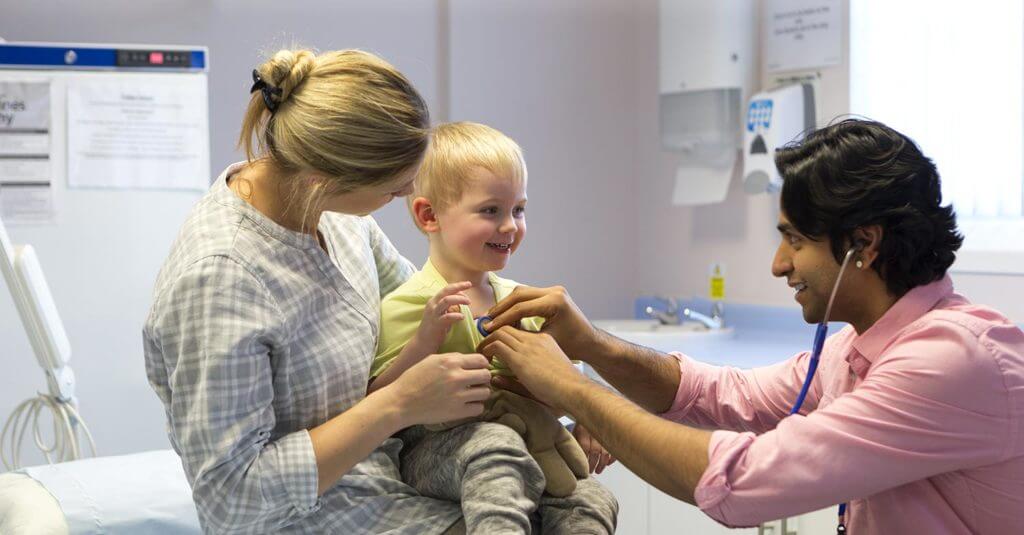The number of GPs in the UK has dropped for a fourth year in a row
The Nuffield Trust think tank for the BBC has found that the number of GPs per 100,000 people has dropped from 65 in 2014 to 60 in 2018.
The decrease of GPs comes at a time where the demand for medical care is increasing due to an ageing population, resulting in there being difficulties making appointments.
It has been reported that individuals are having to wait up to seven weeks for a routine appointment, whilst those needing to be seen urgently are having to wait outside their GP practice early in the morning in order to guarantee themselves an appointment.
The president of the Royal College of GPs, Dr Helen Stokes-Lampard, said: “General practice cannot be allowed to fail. It is an absolute cornerstone of the NHS.”
Bosses in the NHS say that measures are being taken in order to improve access. More GPs are being trained and more staff are being taken on board to support the GPs.
This includes over 20,000 additional physiotherapists, pharmacists, paramedics and support workers being recruited to help see GP patients in England.
The Nuffield Trust analysis found that during the late 1960s the number of GPs were falling, before four decades of almost continuous growth. However, for the last four years in a row the number of GPs has been dropping. This fall means that each GP has 125 more patients to look after than they did four years ago..
Wales and Scotland are down slightly, but Northern Ireland has seen a rise in GPs.
Amanda Cavanagh, a medical injury specialist at Ashtons Legal, says:
“This information comes as no surprise to anyone who has tried to access GP services of late. It seems logical that if one third of trainee doctors drop out during their three year training to become a GP, then there is an underlying cause for this. It also appears at the other end of the spectrum the “early” retirement of GPs needs to be considered to try to address the loss of GPs. Although the idea to provide more “support” staff may seem like a solution, what does this mean in reality, will it make patient care safer and avoid potential claims as a result of negligence, I hope so, but think it is unlikely”.
Tags: GPs, Medical Care, Medical Negligence, NHS, Personal injury
How can we help?
If you have an enquiry or you would like to find out more about our services, why not contact us?

